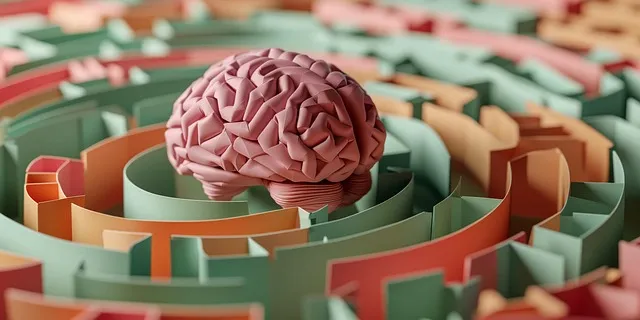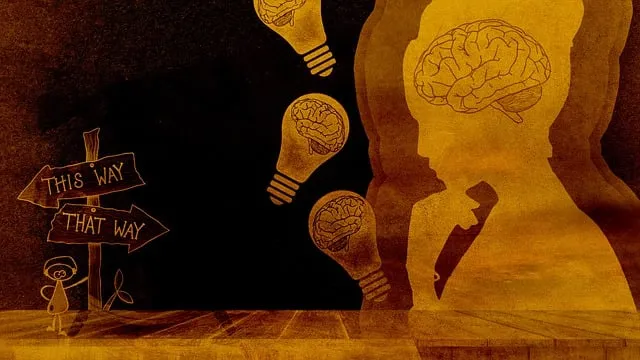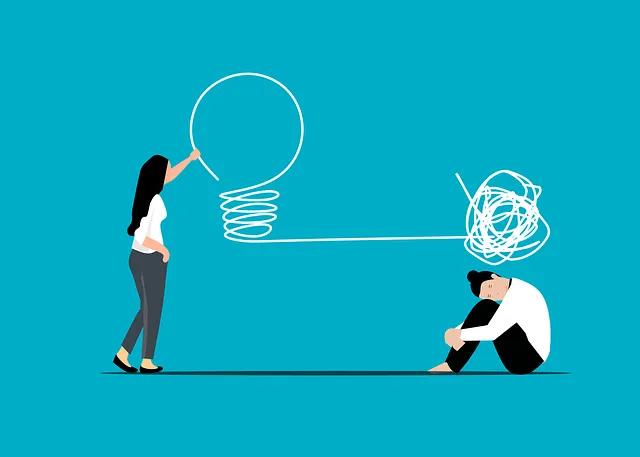The Centennial Kaiser Permanente mental health center reviews highlight a shift towards holistic therapy models focusing on social skills development. Their Social Skills Training (SST) program, backed by positive reviews, teaches active listening, empathy, and emotional regulation to manage anxiety and depression. SST not only enhances personal interactions and communication but also reduces stigma, fostering more inclusive communities. This approach benefits individuals in both their personal lives, strengthening support networks, and professional settings, leading to improved work satisfaction and performance.
Social skills training is a powerful tool in managing mental health conditions, bridging the gap between individual struggles and community integration. This article explores the intricate link between social abilities and mental well-being, highlighting how organizations like Centennial Kaiser Permanente mental health centers play a pivotal role in supporting individuals on their journey to recovery. Through examining various conditions and effective strategies, we’ll uncover the benefits of social skills training, offering insights for both personal growth and professional implementation.
- Understanding the Link Between Social Skills and Mental Health
- The Role of Kaiser Permanente in Mental Health Support
- Benefits of Social Skills Training for Various Conditions
- Effective Strategies for Successful Implementation at Home and in Professional Settings
Understanding the Link Between Social Skills and Mental Health

The connection between social skills and mental health is a significant aspect often overlooked in traditional therapy models. At the Centennial Kaiser Permanente mental health center, reviews highlight the growing recognition that fostering effective communication and interpersonal abilities can be transformative for individuals battling various conditions. Mental well-being is not solely an internal struggle; it’s deeply intertwined with how we interact with others and navigate social environments.
Developing strong social skills, such as active listening, empathy building strategies, and emotional regulation techniques (self-care practices), equips individuals with the tools to manage their mental health effectively. Empathy, for instance, allows people to connect on a deeper level, fostering a sense of belonging and reducing feelings of isolation often associated with anxiety and depression. By integrating these skills into treatment plans, the Centennial Kaiser Permanente center reviews suggest that holistic healing is achievable, empowering individuals to thrive in both personal and professional settings.
The Role of Kaiser Permanente in Mental Health Support
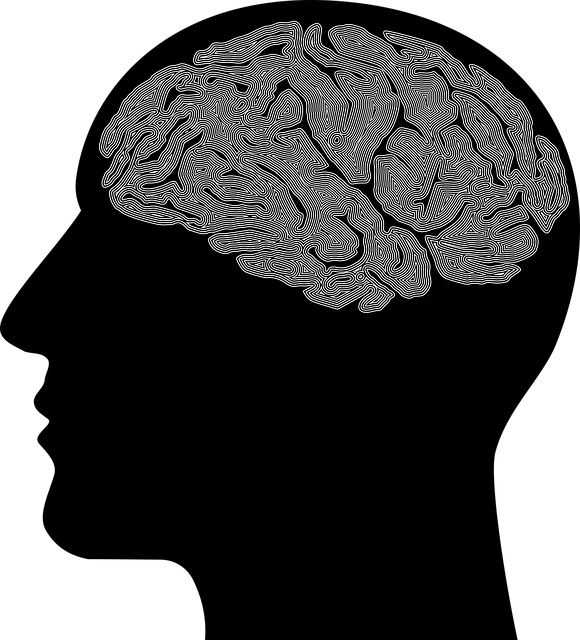
Kaiser Permanente, a renowned healthcare provider, plays a pivotal role in supporting mental well-being through its comprehensive network of mental health centers. The Centennial Kaiser Permanente mental health center, among others, stands as a beacon of hope for those seeking solace and guidance. With dedicated professionals and innovative approaches, it offers a range of services tailored to address various mental health concerns.
The center’s expertise lies in facilitating social skills training, an effective strategy for managing conditions like anxiety and fostering resilience. By integrating Mind Over Matter principles, the team empowers individuals to take charge of their mental health. Through specialized programs, they guide patients in navigating the complexities of daily life, offering tools for Anxiety Relief and promoting long-term well-being. Positive reviews from those who have benefited from these services highlight Kaiser Permanente’s commitment to transforming lives and shaping a healthier, more resilient community.
Benefits of Social Skills Training for Various Conditions
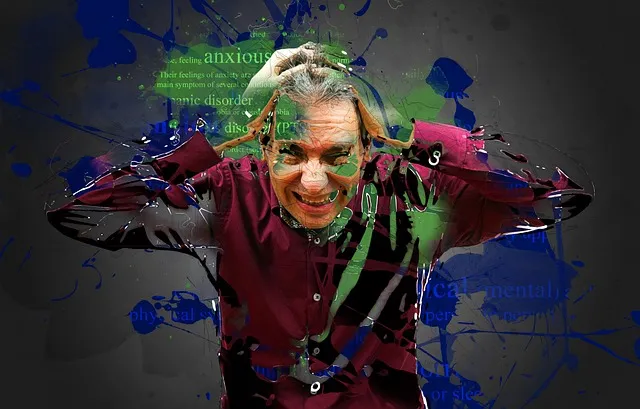
Social Skills Training (SST) offers a range of benefits for individuals managing various mental health conditions. At the Centennial Kaiser Permanente mental health center, reviews highlight the positive impact of SST programs in fostering better social interactions and improving overall well-being. For conditions like anxiety disorders or depression, where social withdrawal is common, SST can be a game-changer. It provides practical tools and techniques to navigate social situations with confidence, helping individuals build meaningful connections and reduce feelings of isolation.
Beyond individual improvement, SST plays a crucial role in mental illness stigma reduction efforts. By learning effective communication strategies through Empathy Building Strategies, participants can challenge negative stereotypes and promote understanding among peers. This not only enhances their own support networks but also contributes to a more inclusive community, as evidenced by favorable Kaiser Permanente mental health center reviews. Thus, SST becomes a powerful tool for personal growth and societal positive change.
Effective Strategies for Successful Implementation at Home and in Professional Settings

Social skills training plays a pivotal role in managing mental health conditions, offering individuals tools to navigate both personal and professional environments effectively. At home, consistent practice of acquired skills can foster better communication with family and friends, leading to enhanced support systems and improved self-esteem. Incorporating self-care practices, such as mindfulness exercises, into daily routines helps in mood management, allowing for better control over anxiety and stress levels.
In professional settings, the strategies learned can revolutionize interactions with colleagues and supervisors. For instance, a patient at the Centennial Kaiser Permanente mental health center reviews might find their ability to assert boundaries or actively listen significantly improved, leading to more productive work relationships. This transformation not only benefits individual well-being but also contributes to overall job satisfaction and performance, as anxiety relief enables individuals to engage in tasks with renewed clarity and confidence.
Social skills training emerges as a powerful tool in addressing mental health conditions, with organizations like Centennial Kaiser Permanente mental health centers playing a vital role in its implementation. By understanding the profound link between social skills and mental well-being, these centers offer comprehensive support through tailored programs. The benefits are evident across various conditions, fostering better connections and improved quality of life. Effective strategies shared in this article provide practical guidance for both home and professional settings, offering hope and enhancing recovery journeys. For those seeking exceptional mental health care, Centennial Kaiser Permanente mental health center reviews highlight their commitment to innovative and impactful treatment approaches.
